The basic dilemma in the planning of conquering the Space is whether it is human endeavour, or we let do the job by artificial intelligence, more precisely androids. In both cases without artificial intelligence the plan is bound to fail, whether it is building and partnership in space station or habitats on Moon or Mars. In the roots of this dilemma is that there are many challenges to be tackled if humans are the passengers in Space, however, for artificial intelligence, they are little more problematic than for ordinary machines. Adriatic Aerospace Association, together with the partners, organizes a meeting to review the challenges of developing artificial intelligence that would suit partnership with humans, or that would be sufficiently autonomous in decision making and curiosity driven as the humans.
The aim of the conference is to foster and strengthen regional cooperation in research and development of these activities. The conference profile is a one-day meeting with plenary lectures by eminent speakers. The state-of-the-art in the field and future developments are in the focus of the meeting, whereby the groups from regional countries will participate with their knowhow. The invited lectures will be followed by a panel discussion on the issue of the role of artificial intelligence in Space.
Organizers:
Adriatic Aerospace Association
Ruđer Bošković Institute
University of Zadar
Faculty of Science, University of Zagreb
Technical University Algebra
Previous conferences
Regional Cooperation on Space Technology
Social event
Night under the stars on the Ruđer -
night sky by telescopes
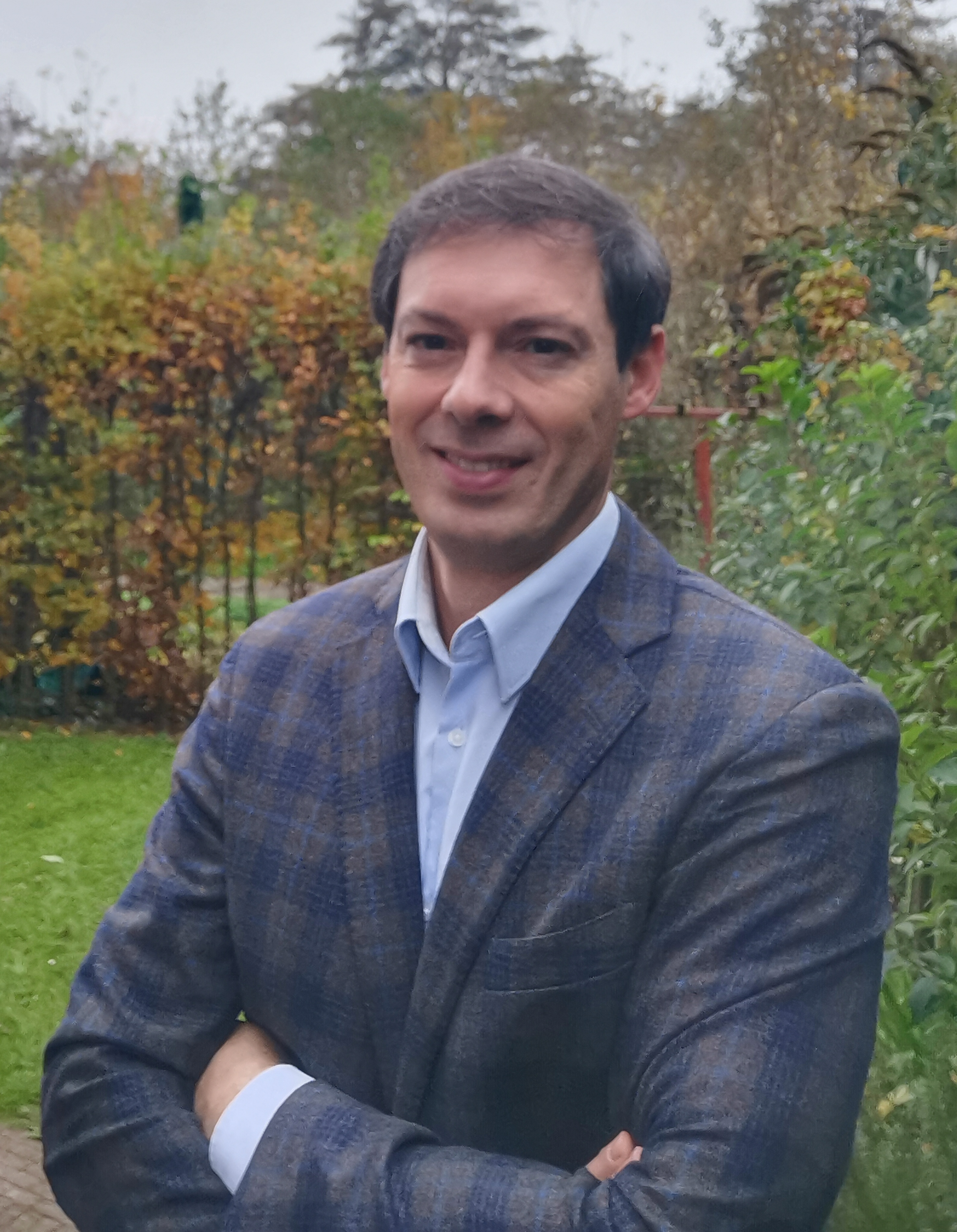
PhD, Eng. Riccardo Duca is senior engineer at European Space Agency at ESTEC since 12 years. He is part of the system team of the Earth Observation missions LSTM and TRUTHS for performance assessment, simulation and data processing. Dr R.Duca manages also several R&D projects related to data exploitation, Machine Learning and Blockchain
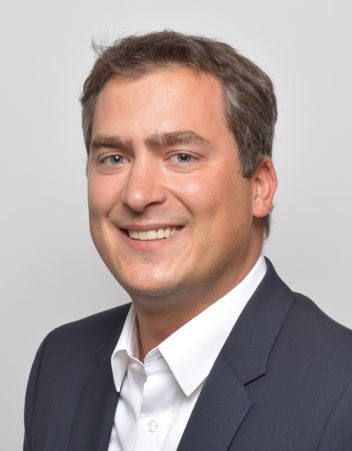
Born in Graz in 1981, he studied Geomatics Science at TU Graz from 2000 to 2006. He started his research career as an assistant to Bernhard Hofmann-Wellenhof and completed his doctorate in technical sciences with distinction in 2013. Philipp Berglez moved in 2010 to TeleConsult Austria GmbH, where he first worked as a project manager and development engineer and finally as managing partner and CTO. From 2019 till 2021 he has worked as CTO of OHB Digital Solutions GmbH. He is focusing on positioning algorithms, GNSS simulations and GNSS software-based receivers. His research interests lie in the areas of innovative positioning algorithms, software-based GNSS receivers and cooperative GNSS applications. He is author and co-author of numerous scientific publications.
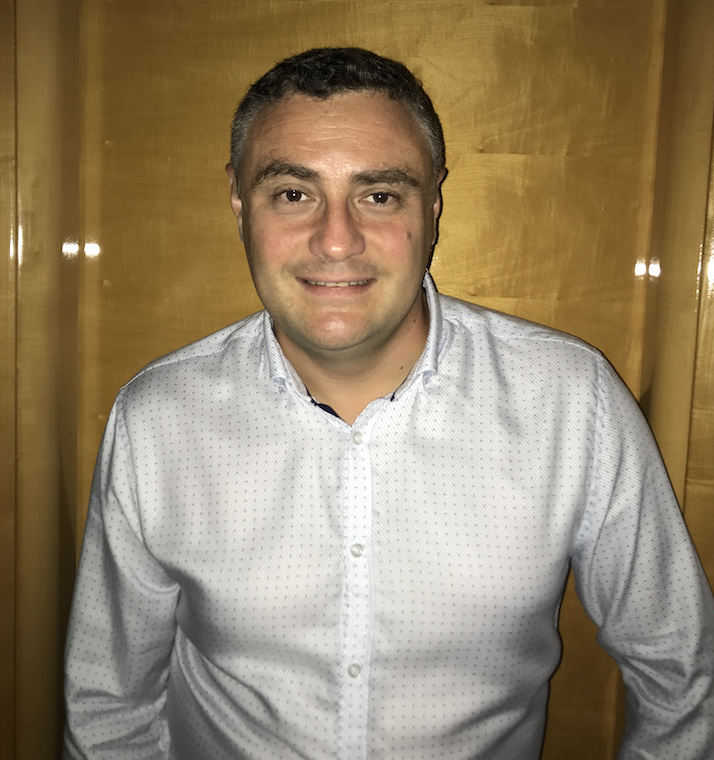
Tomislav Stipancic is an Assistant Professor in Robotics and Artificial Intelligence at the Faculty of Mechanical Engineering and Naval Architecture, University of Zagreb. He is a head of the Laboratory for Manufacturing and Production System Planning at the same institution, involved in teaching activities both in undergraduate and graduate level. His research is chiefly focused on the areas of cognitive informatics, affective and probabilistic robotics, artificial intelligence, context-based reasoning, ubiquitous computing, human – robot interaction, and extended reality (XR). Along with his team he developed an affective robotic head PLEA that is positioned by DailyArt Magazine among the best AI-infused art installations to visit in 2021 in the UK. He has published more than 40 scientific and technical papers in the refereed journals and conference proceedings and served as the Program Chair of several international conferences.
Prof.dr.sc. Bojan Jerbić graduated from the Faculty of Mechanical Engineering and Naval Architecture (FSB) of the University of Zagreb in 1983, and was elected to full professorship in 2009 at the same faculty. From 1993 to 2006 he was head of the Laboratory for the Manufacturing and Assembly Systems Planning, from 2005 to 2008 head of the Department of Robotics and Automation of Production Systems, and from 2007 to 2020 acted as the head of the Chair of Manufacturing and Assembly Systems Planning. In 2021 Prof. Bojan Jerbić founded the Regional Center of Excellence for Robotic Technologies (CRTA), which includes Laboratory for Autonomous Systems, Laboratory for Computer Intelligence, Laboratory for Medical Robotics, Practicum for Automatic Programming, and the Prototype Tool Shop. In the same year, he founded the Department of Autonomous Systems and Computer Intelligence, of which he is also the head. A particularly significant result of his scientific research work is the neurosurgical robot RONNA, which has been operating regularly at the Dubrava Clinical Hospital since 2016.
Jörgen Ahlberg received his M.Sc degree in Computer Science and Engineering in 1996 and his Ph.D.in Electrical Engineering in 2002,both from Linköping University, Sweden. He then held positions as scientist and research leader at FOI, the Swedish Defence Rese-arch Agency for nine years. He is currently an Adjunct Senior Lecturer at Linköping University and runs R&D projects at Visage Technologies, Termisk Systemteknik, and Glana Sensors, companies specializing in visual, thermal, and hyperspectral computer vision, respectively. Research interests, in the general area of image analysis and vision, include tracking and analysis of facial images as well as automatic detection, recognition, and tracking in thermal and hyperspectral systems. He has published more than 50 scientific papers, of which four award-winning.
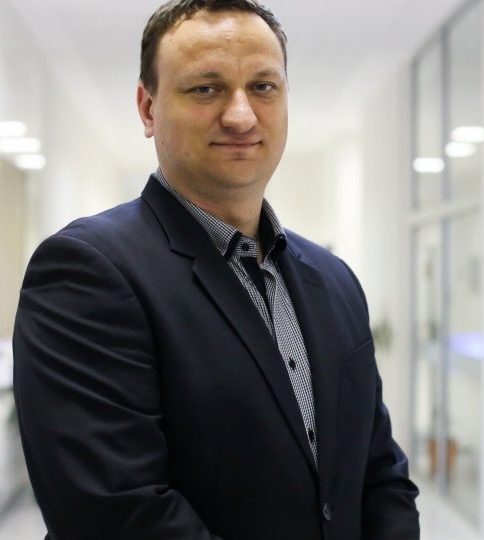
In 2021, Aleksander Radovan received his doctorate from the Faculty of Electrical Engineering and Computing in Zagreb. He works as a development director in the company BISS d.o.o., and in addition, he works as a lecturer at several polytechnics in Zagreb and the surrounding area on subjects related to the Java programming language and information systems in general. In addition, he holds the position of Chairman of the Board for Education in the Croatian Association of Java Users (HUJAK) and participates in program committees related to the organization of Java conferences in Croatia. He has published more than 60 professional and scientific papers related to Java programming and related technologies. He also deals with the field of artificial intelligence, genetic algorithms, robotics, and teaching programming to younger generations.
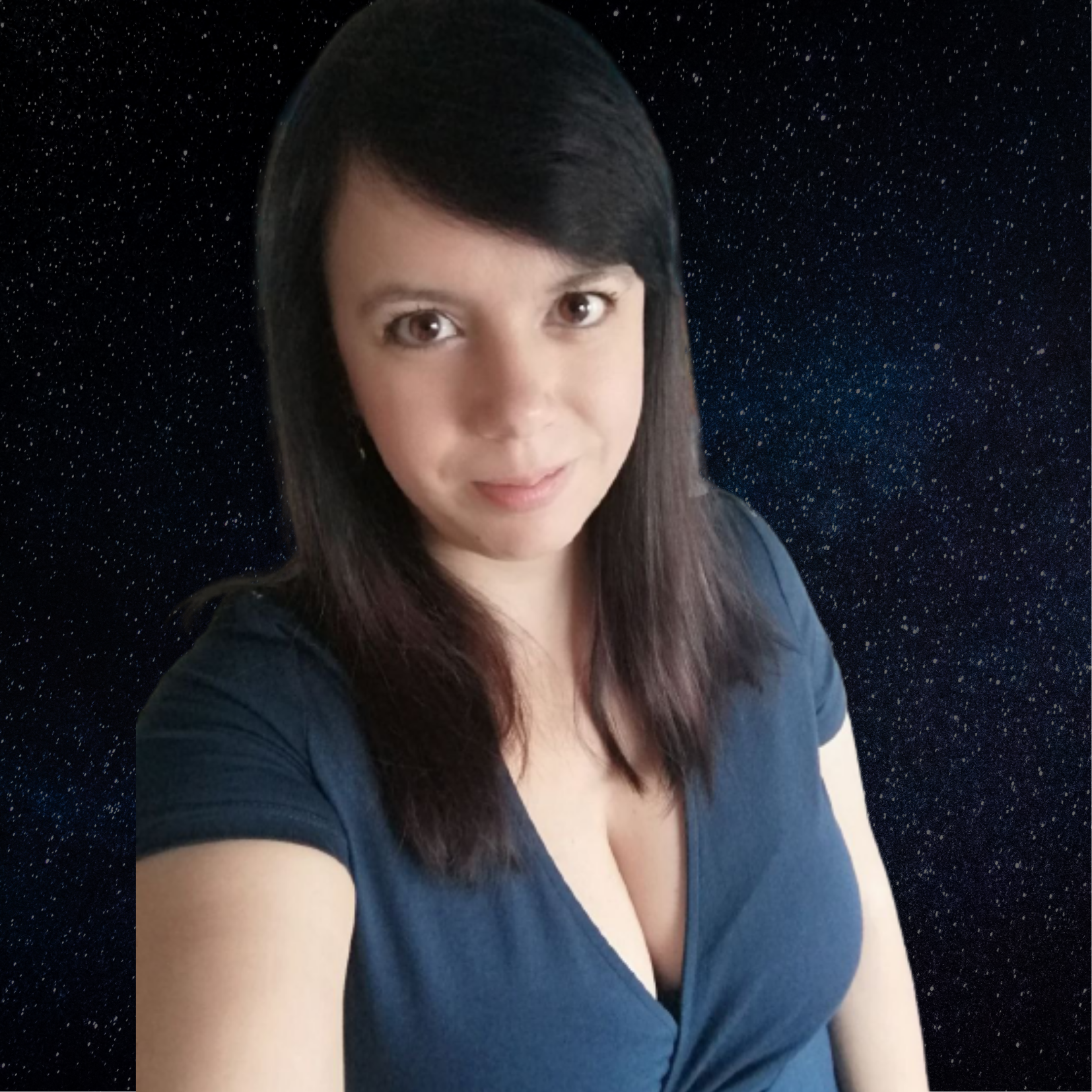
Born in Slovakia but living in Croatia for the past 11 years, Daniela is passionate about the Newspace industry. As a member of a non-profit Slovak Organization for Space Activities, her goal is to popularize science and technology among young professionals, and her focus is on recreating the successful Slovak example in Croatia, therefore is currently working with A3 on some exciting projects. In Spacemanic, Daniela is in charge of sales activities, communication strategy, and marketing. Spacemanic is a turnkey nanosatellite solutions provider and CubeSat components manufacturer. The company is focusing on the design, development, and testing of fundamental small satellite subsystems based on the plug&play methodology. Spacemanic's main objective is to shorten the time needed for nanosatellite missions to move from the drawing board to space, making space more accessible to scientific institutions, universities, and private customers with various budget sizes.
Jorge Ocón holds a Ph.D. in computer science from the University Carlos III of Madrid. He has a solid background, with more than 20 years of experience in the development and research of space systems. He has participated in the development of operational missions (IXV, Exomars 2016), as well as in European research projects in which he has been coordinator of several PERASPERA SRC projects (like ERGO and ADE). His work during the last years has been focused on autonomy systems for space, and space robotics. He is currently the head of the autonomy section in the Space Robotics Division at GMV.
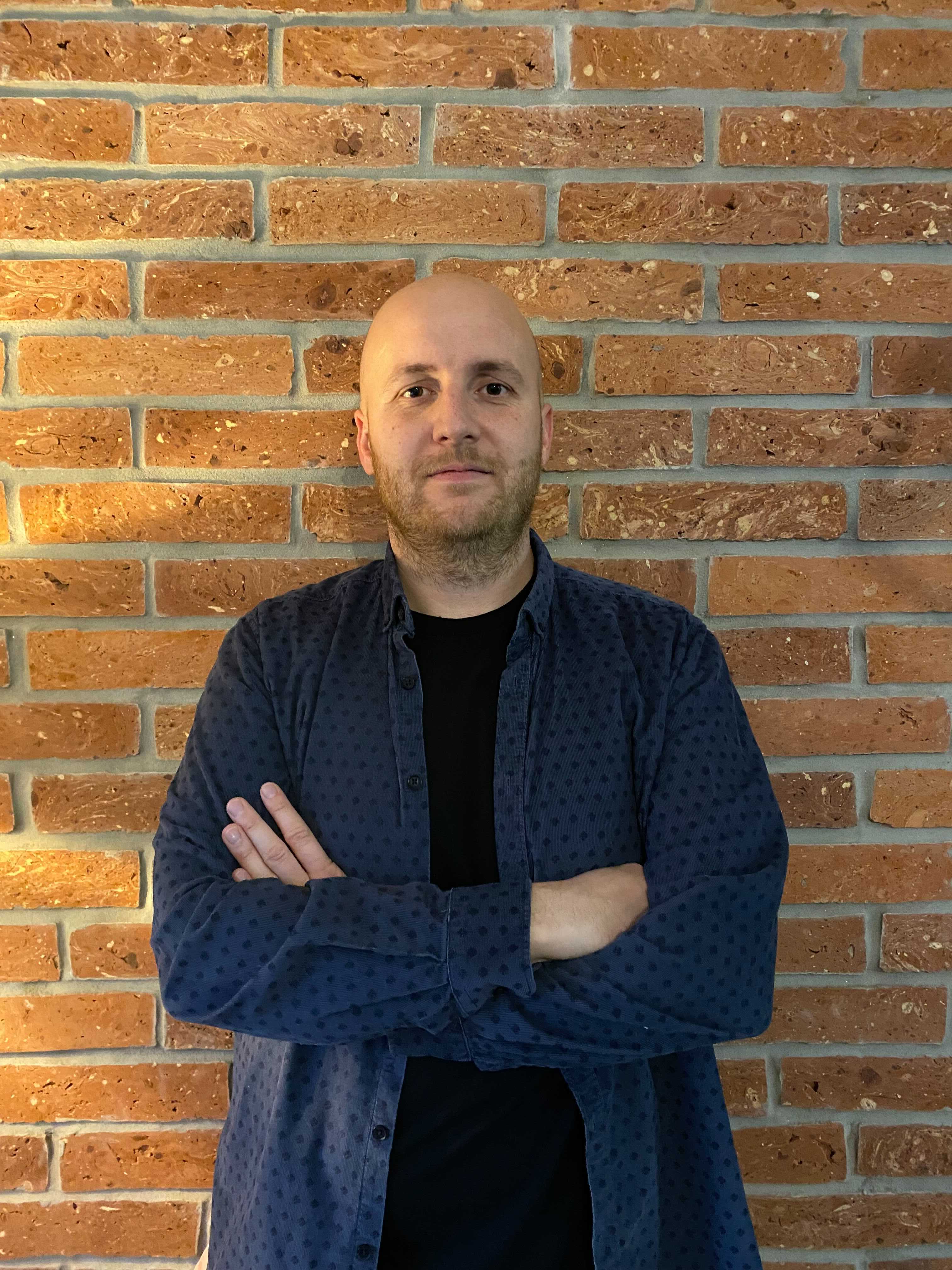
Filip Novoselnik is the founder and CEO of Protostar Labs, a company focused on artificial intelligence and computer vision solutions for industrial applications. At Protostar Labs, he manages R&D activities, operations, and strategy. In addition, he is a teaching associate at the Faculty of Electrical Engineering, Computer Science, and Information Technology Osijek. His research is focused on the areas of machine learning, computer vision, and control systems applied to unmanned aerial vehicles and small satellites. Filip received his MSc degree in Computer Science in 2017 from the University of Osijek. In 2020, he graduated from International Space University. Currently, he is enrolled in SpaceTech – Master of Engineering in Space Systems and Business Engineering at TU Graz.
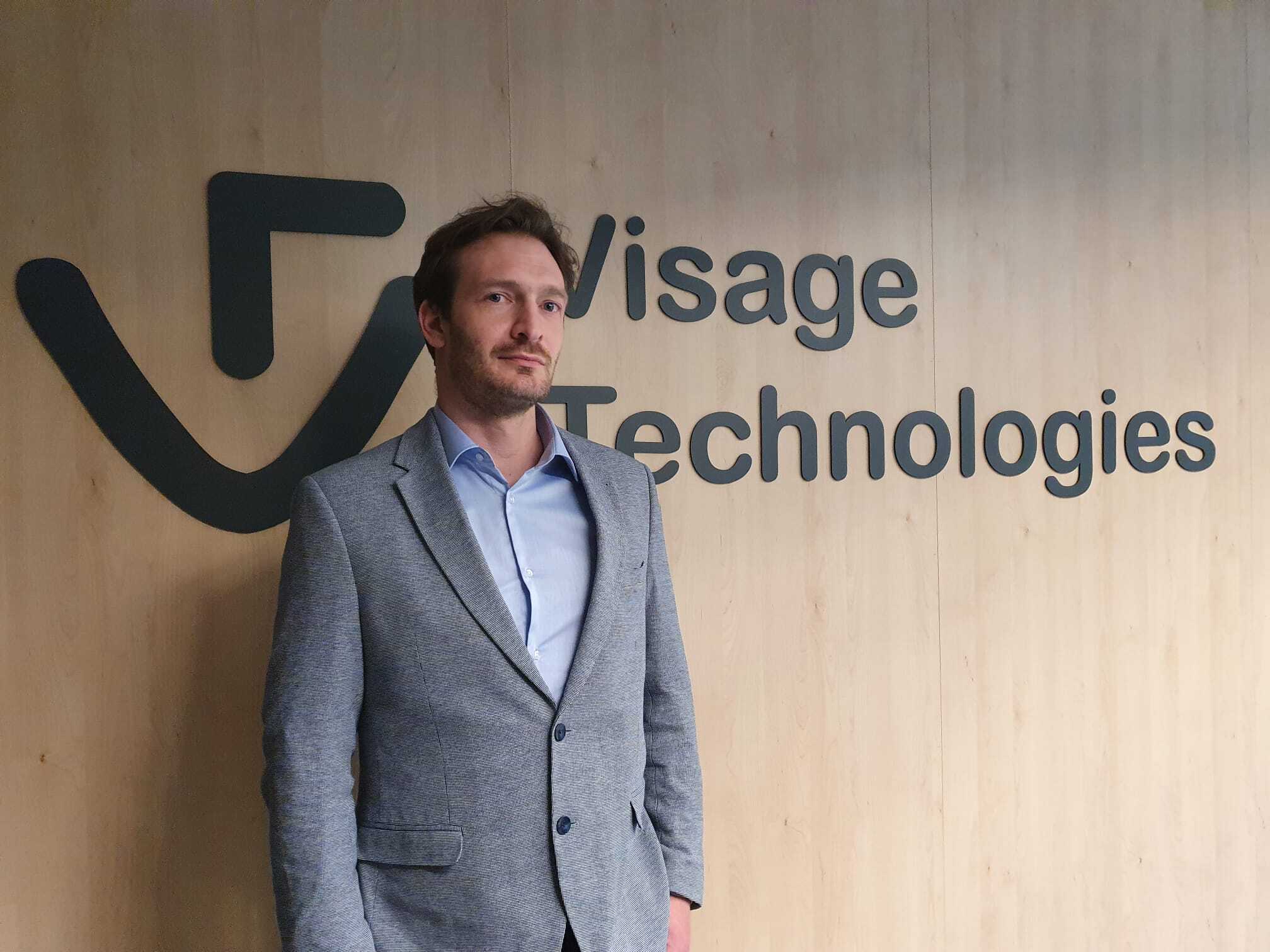
Luka Orsag graduated from the Faculty of Mechanical Engineering and Naval Architecture in 2014. at the University of Zagreb. In 2018, he enrolled into a PhD program. Since graduation, he worked as an R&D engineer for industrial printer design, Automation engineer for concrete production facility, and finally as a Senior R&D computer vision engineer at Visage Technologies where he works to this day. His research includes machine vision based safety mechanisms for Human-Robot Collaboration in industrial environments, and context based approaches for interaction. Along with his studies at the university, Luka developed an interest for activities in the Space industry, and joined the Adriatic Aerospace Association in 2020. There he gained the opportunity to work on a plethora of interesting projects.